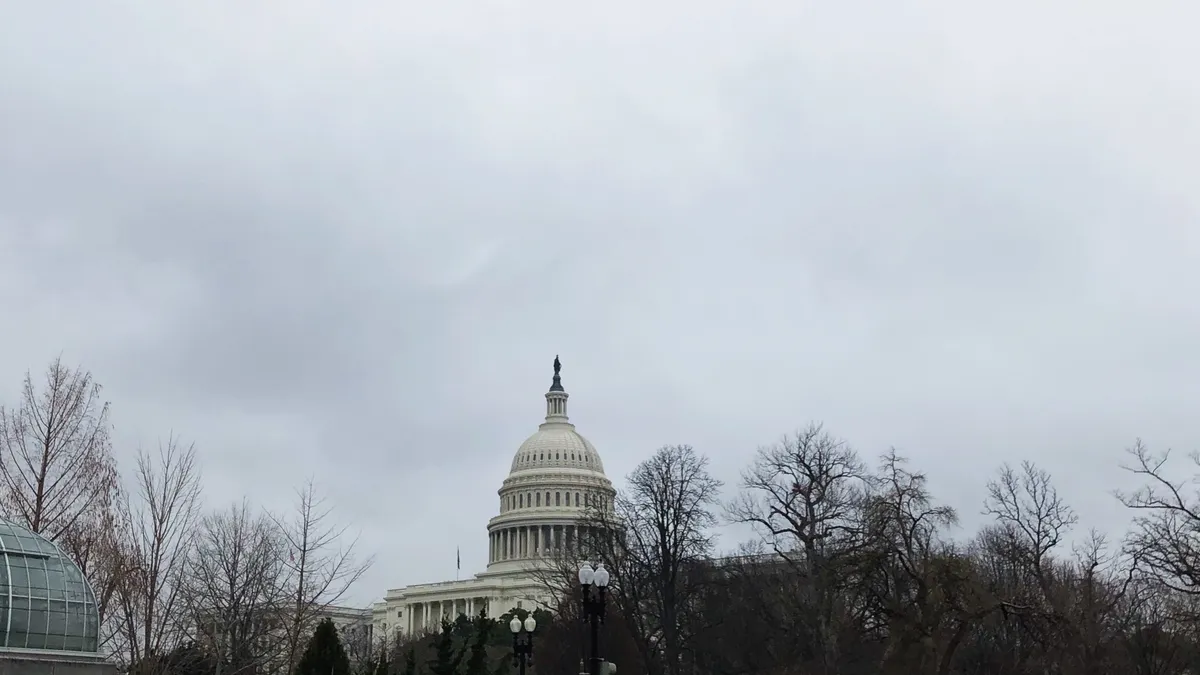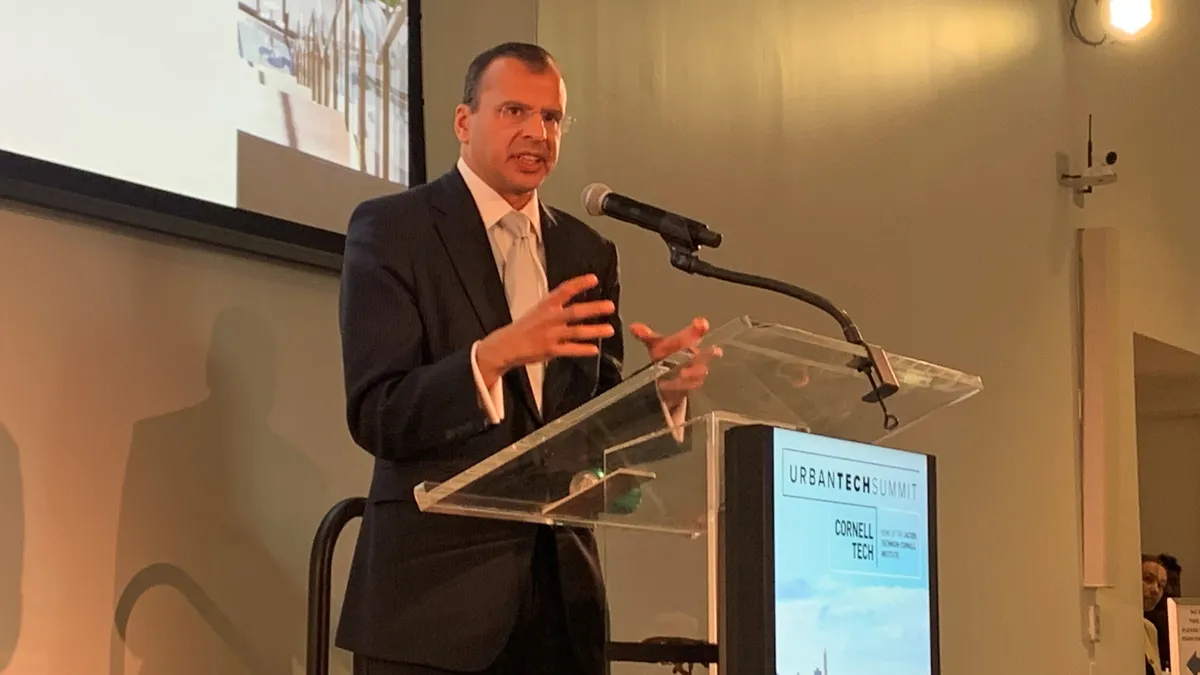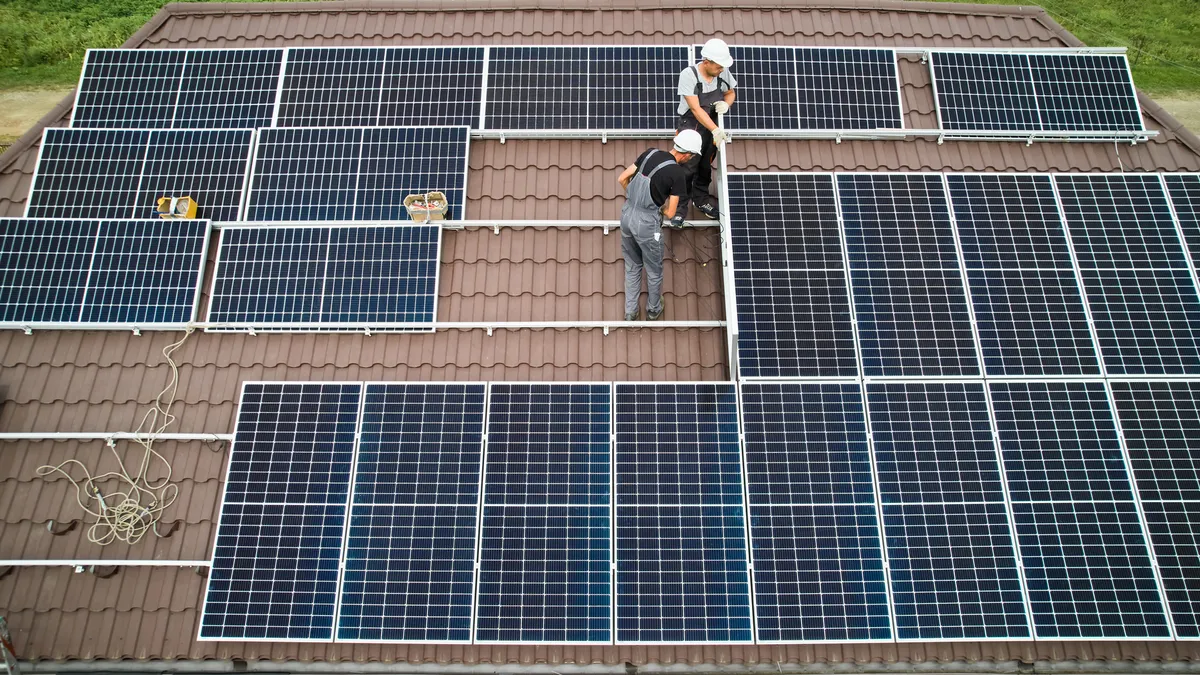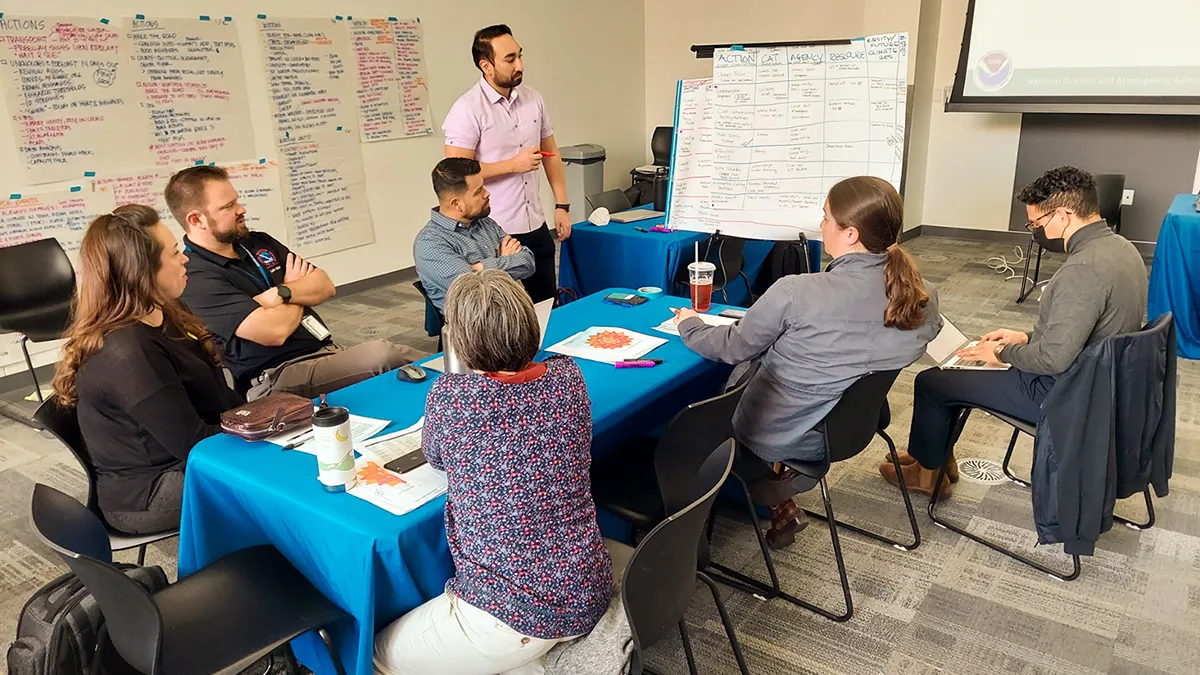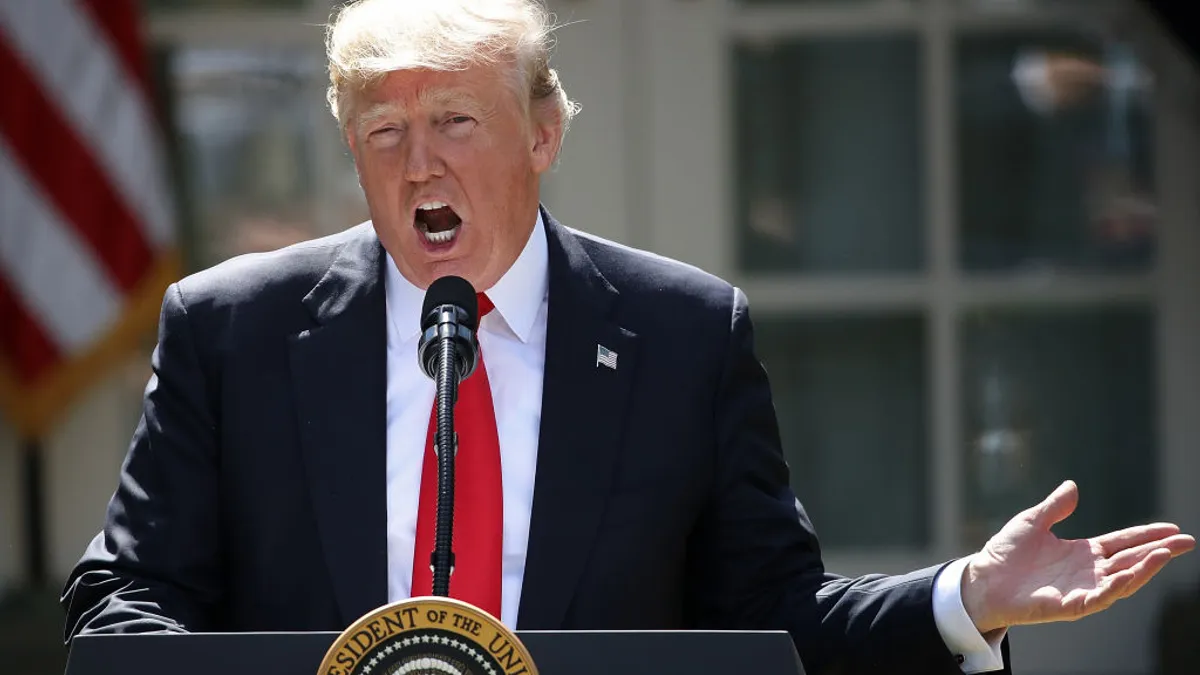Amid an influx of legislation on the Hill, growing federal scrutiny of recycling sharpened this week with a hearing devoted to the "challenges and opportunities" facing the sector.
The House Interior-Environment Appropriations Subcommittee hosted the Wednesday event, which gathered a range of stakeholders from industry members to municipal officials. Democrats and Republicans expressed interest in working to address issues like education and infrastructure, as well as tackling supply chain problems. Some, including Rep. Chellie Pingree (D-Maine), took that further by repeatedly pushing the U.S. EPA on questions about extended producer responsibility (EPR) and plastics.
That increasing level of attention may become the new normal as lawmakers take greater notice of recycling. Rep. Betty McCollum (D-Minn.), who chairs the subcommittee, told Waste Dive that "while some in the industry want to do [recycling] right," she feels Congress needs to take a more active role in giving the sector "the tools they need."
Such sentiments are becoming more commonplace in Washington, where federal attention is centered on recycling to a degree not seen since the 1990s. In the decades since, Congress has largely shied away from taking on major recycling legislation, even as the industry has faced ongoing financial turbulence in recent years.
But the collapse of international end markets and heightened concerns over struggles facing municipalities and operators has changed the conversation.
H.R. 1865, an appropriations package passed last year and signed by President Donald Trump, included a report directing EPA to develop a national recycling strategy along with recommendations for voluntary action. A congressional staff member familiar with the legislation told Waste Dive on background the House is set to receive a report building on the directive at some point this fall.
Wednesday's subcommittee hearing also highlighted how integral appropriations conversations might be to addressing the industry's problems.
Peter Wright, assistant administrator of the EPA's land and emergency management office, emphasized to lawmakers the agency is working to build a "more resilient domestic recycling system." He referenced EPA's commitment last November to issue national recycling goals as part of the agency's response to growing pressure from stakeholders.
"Our nation's recycling infrastructure is outdated and ill-equipped to handle a diverse stream of materials," Wright said during the hearing, adding "different state municipal approaches are impacting our ability to set goals."
But Wright also repeated an ongoing EPA argument under the Trump administration: That the agency lacks the authority to regulate recycling any further. He faced pushback from Democrats, including Rep. Pingree, who expressed frustration over a perceived dearth of federal leadership on the issue.
"I see [helping recycling] as a challenge, and the federal government needs to have a role in that," Rep. McCollum similarly asserted.
Even as lawmakers expressed an interest in action, however, the hearing teased out splits in the industry. Several major federal bills have already been introduced with the aim of addressing ongoing recycling issues. The RECOVER Act, focused on infrastructure, has met with resistance from some anti-plastics groups along with skepticism from the Institute of Scrap Recycling Industries. By contrast, the education-focused RECYCLE Act has generated more diverse support by bringing in environmental groups along with industry players.
Elizabeth Biser, vice president of public affairs for The Recycling Partnership (TRP), named both RECYCLE and RECOVER as legislative paths through which Congress could aid the sector.
Adam Ortiz, director of Montgomery County's Department of Environmental Protection in Virginia, also emphasized the role Congress could play in bolstering infrastructure investment. He pointed to advancements in robotics and optical sorters while also pushing for national recyclability standards, arguing "materials should meet a threshold for truly being recyclable" at the municipal level.
"Additional federal investment and meaningful engagement are vital," he said.
Speakers also largely cautioned against a "one size fits all approach." Daniel Corona, mayor of West Wendover, Nevada, argued constituents vary in their needs, even as he acknowledged the problems conflicting standards have posed for cities like his. "My city is trying to restart recycling," he said. "What is the answer?"
Republicans on the subcommittee largely emphasized domestic market development. Rep. Chris Stewart (R-Utah) asked whether some more financially valuable recyclable materials could be prioritized over others, like aluminum. He also argued current market issues could be an "overall net positive" for the United States, forcing a focus on domestic capabilities rather than foreign end markets.
Meanwhile, EPR also emerged as a point of interest for some Democrats. Maine is currently preparing a potentially first-in-the-nation packaging EPR bill and Pingree repeatedly pushed speakers on the issue, as well as on the effectiveness of increasingly popular single-use plastics bans amid growing concern over marine debris. "What role do you see plastic producers playing in this reduction?" she asked.
Closed Loop Partners Managing Director Michael Gajewski argued for allowing producers to take ownership "organically," indicating a preference for voluntary action. Biser of TRP similarly pointed to the recent Every Bottle Back initiative from major beverage makers such as PepsiCo and Coca-Cola as an example. Pingree suggested such endeavors might be generated in no small part by concern over future regulations.
"[Maybe they] don't want to be involved in a future system where they have a financial responsibility," she said.
Divides over a federal EPR system could start to come to a head this month when a long-awaited bill tackling plastics and the supply chain from Rep. Alan Lowenthal (D-Calif.) and Sen. Tom Udall (D-NM) is set to be introduced. A draft of the legislation has already generated opposition from the National Waste and Recycling Association and is likely to be unpopular with others in the recycling industry.
Debates over EPR, as well as how best to address education and infrastructure problems, are also likely to continue as this year's legislative session gets underway.
With an appropriations bill a likely path forward for any major recycling funding, McCollum told Waste Dive her subcommittee will be pushing recycling issues forward in the coming year. She also highlighted the role Congress could play in monitoring the EPA and industry stakeholders as they pursue various courses of action, suggesting this new level of scrutiny will not be going away.
"I want to make sure that I can hold them accountable," McCollum said.


